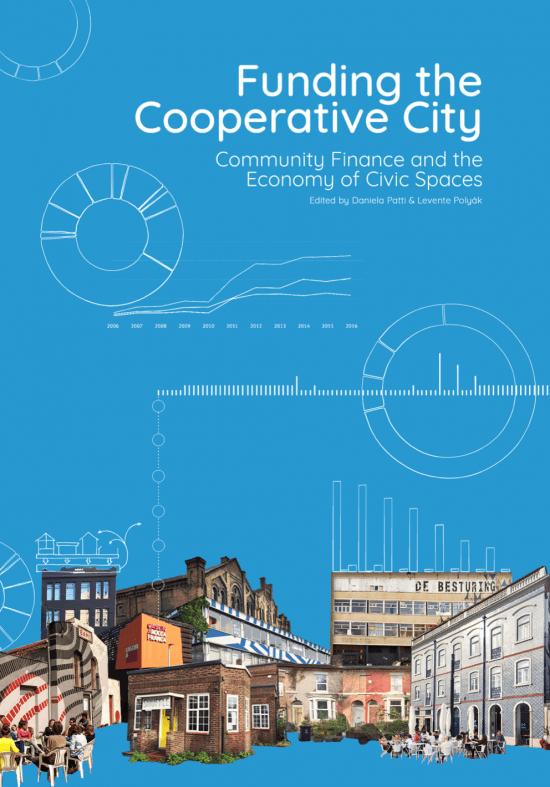AI-Generated Summary
Learn moreContext and Publisher Overview
"Funding the Cooperative City" is a publication edited by Daniela Patti and Levente Polyák from Eutropian Research & Action, released by Cooperative City Books in Vienna in September 2017. The book addresses the challenges of urban development in the context of austerity measures, rising unemployment, and the financialisation of real estate. It emphasizes the need for community-led initiatives in urban spaces, especially during the post-welfare transition of European societies.
Key Themes and Objectives
This book explores the significance of self-organized, locally rooted, and inclusive community networks and civic spaces. It highlights various strategies for fundraising and investment, examining how citizen initiatives, cooperatives, non-profit organizations, community land trusts, and crowdfunding platforms can navigate traditional real estate development dynamics. The objective is to create sustainable, resilient, and inclusive local communities that can address their own needs effectively.
Case Studies Across Europe
Funding the Cooperative City presents a journey through multiple European cities, including Lisbon, Madrid, Rome, Liverpool, Rotterdam, Berlin, Warsaw, Bratislava, and Budapest. It investigates how different communities are implementing innovative solutions to urban development, showcasing a range of models aimed at transforming public spaces and improving the quality of life for residents.
Community Finance and Civic Economy
The book delves into community finance and civic economy models, providing insight through interviews and analyses. It presents real-life examples of successful projects and initiatives that have emerged from these community-led efforts. By compiling stories and models, the book serves as a resource for community organizations, private developers, municipalities, and EU institutions interested in fostering collaboration and support for sustainable urban development.
Contributions and Resources
Featuring contributions from various experts, including Tiago Mota Saraiva, Hanna Szemző, Bryan Boyer, and many others, the publication offers a comprehensive set of resources. These contributions span from discussions on cooperative housing to ethical banking solutions, providing a multi-faceted view of how communities can fund their projects and sustain civic spaces.
Call to Action
The book is licensed under Creative Commons Attribution-NonCommercial-NoDerivatives 4.0 International, promoting its accessibility for readers interested in civic engagement and sustainable development. The publishers encourage readers to support their efforts through donations and subscriptions to their newsletter, fostering a community of informed individuals dedicated to creating cooperative cities.
In conclusion, "Funding the Cooperative City" serves as a critical examination of community finance in urban development, aligning with the growing interest in sustainable housing solutions across Europe. Its insights and practical resources aim to empower communities to take charge of their urban environments, ensuring long-term resilience and inclusivity.
